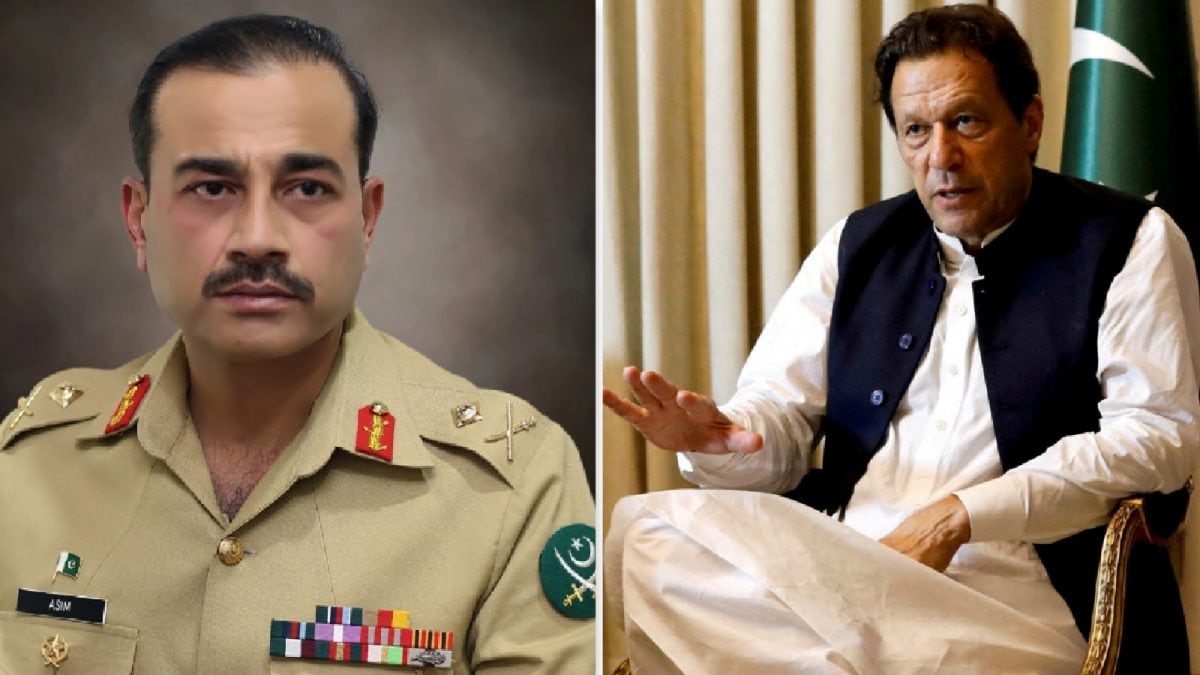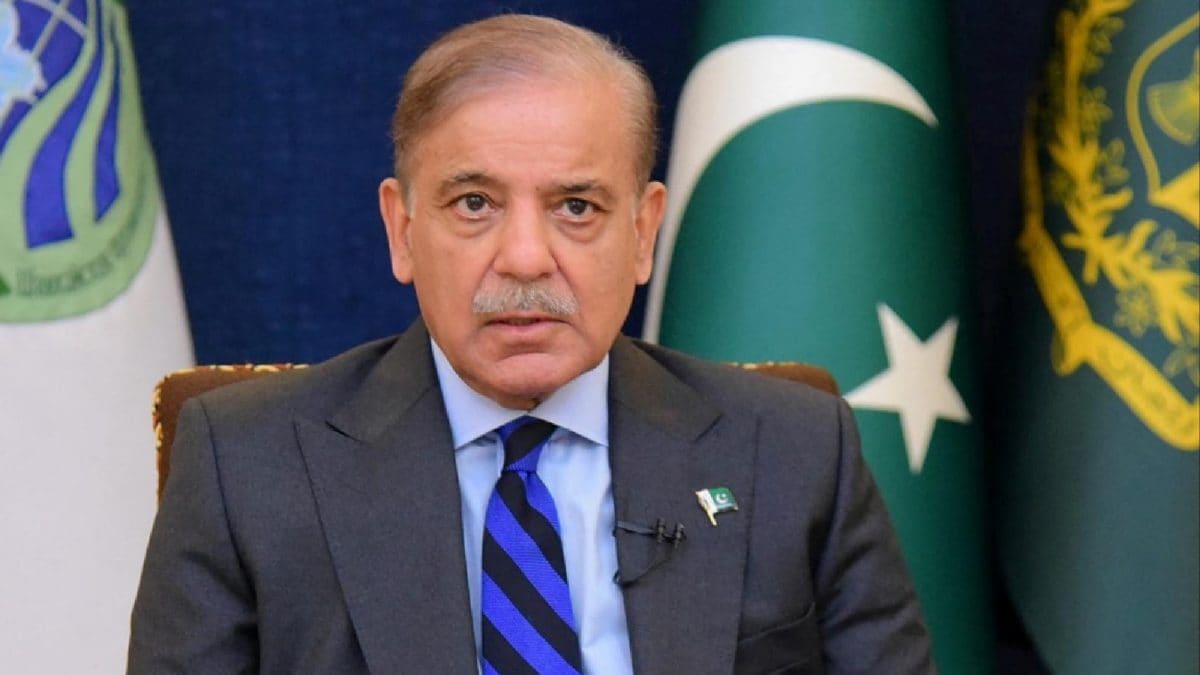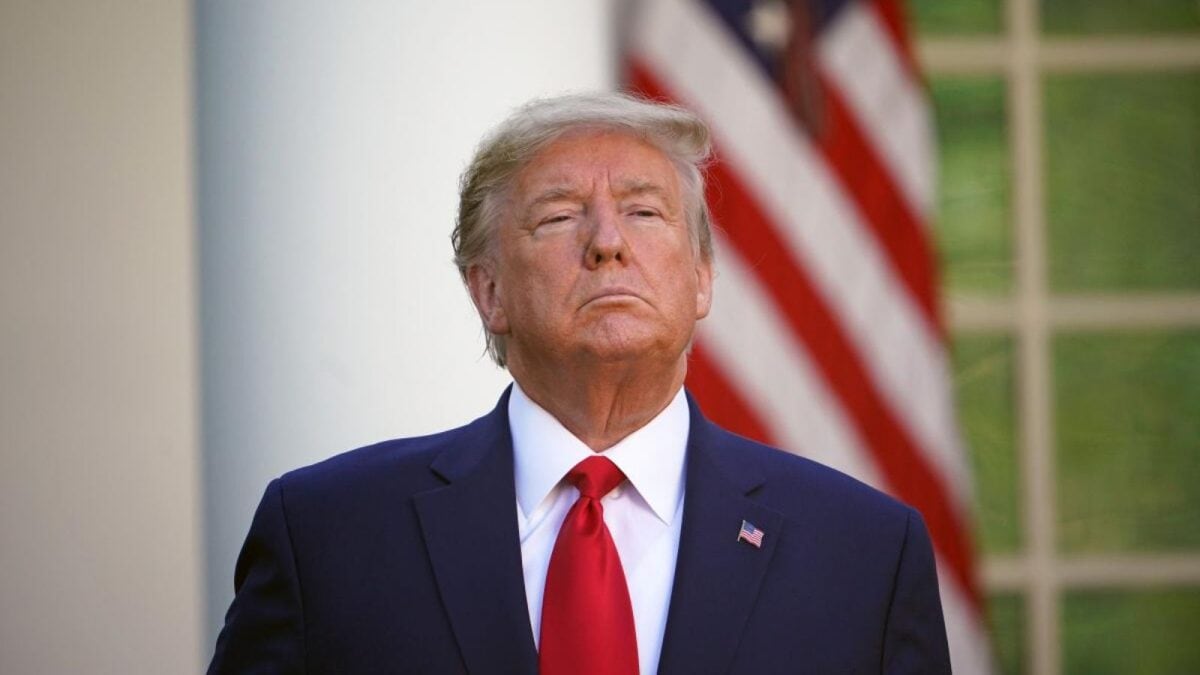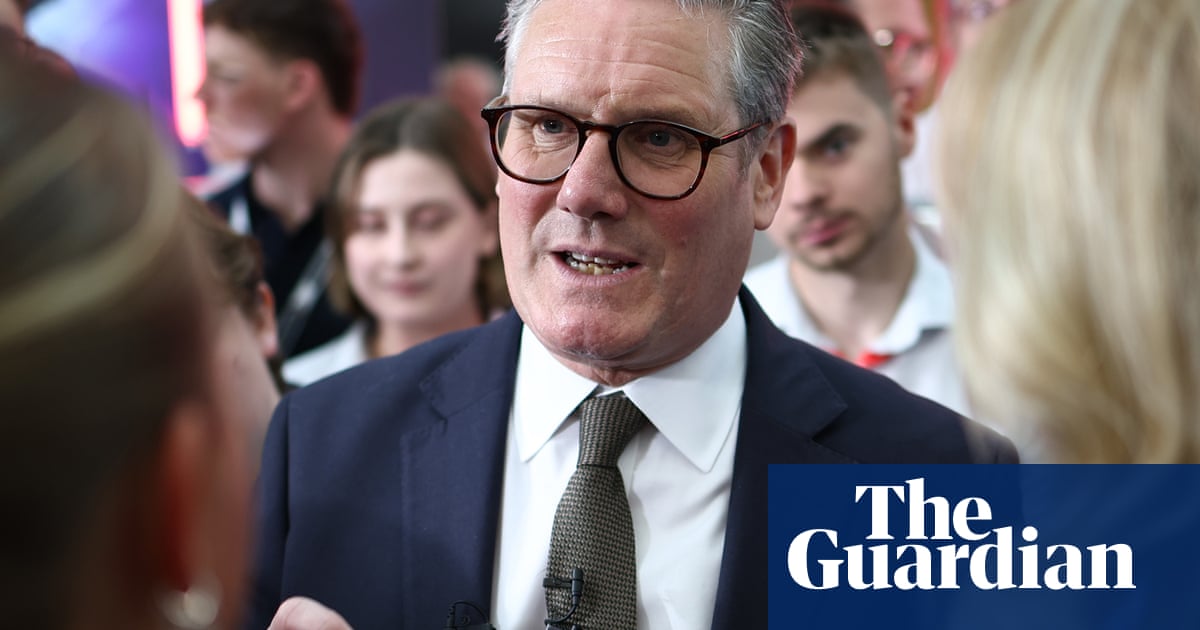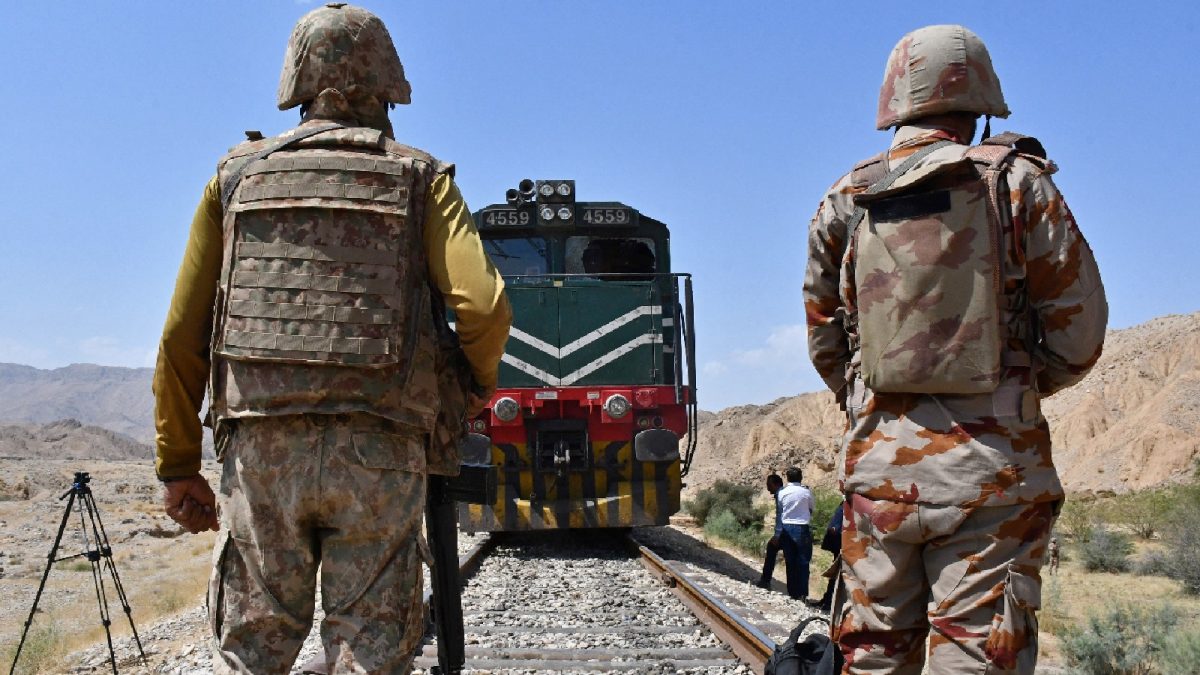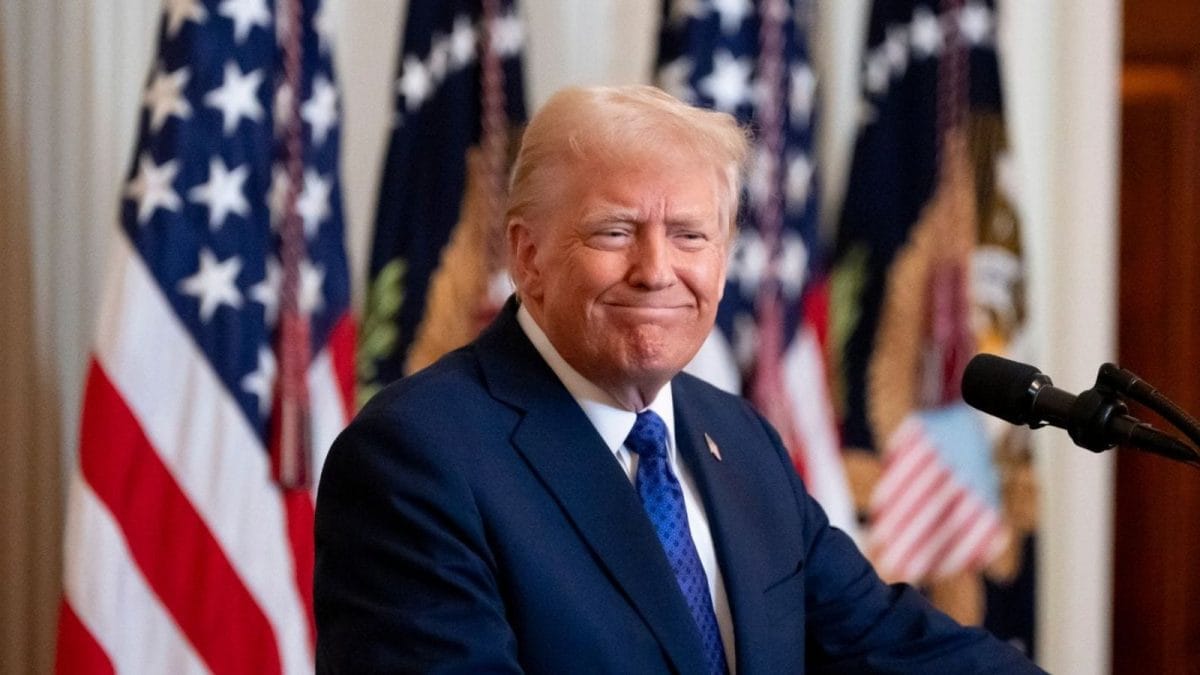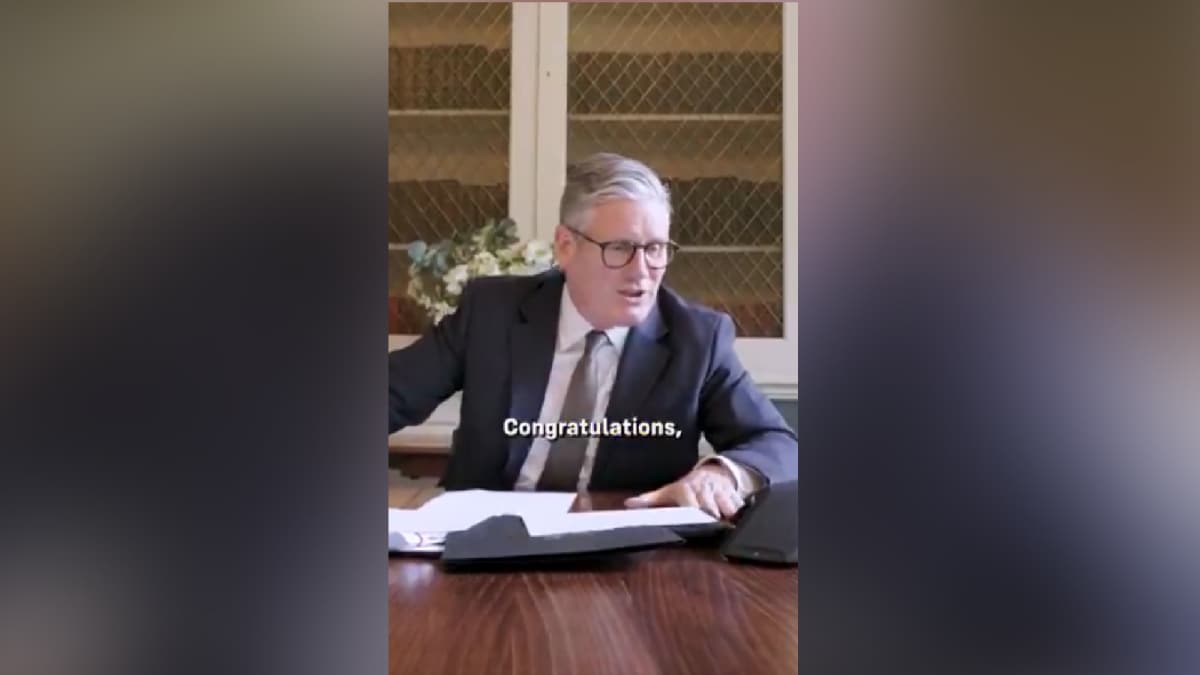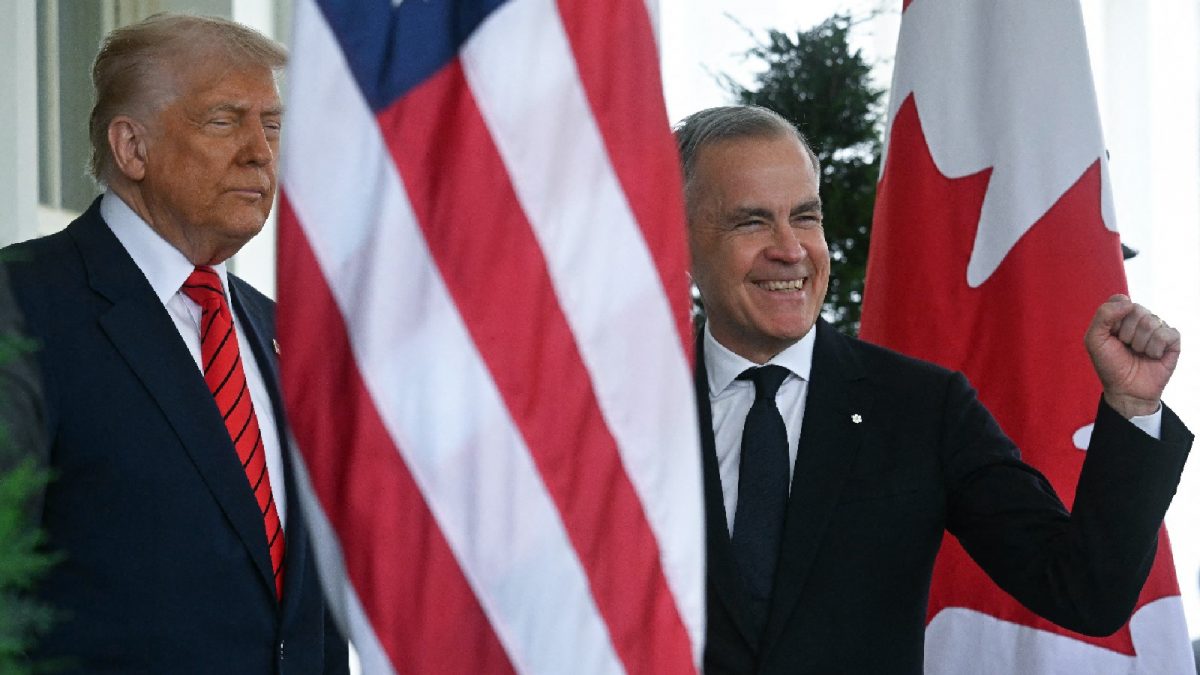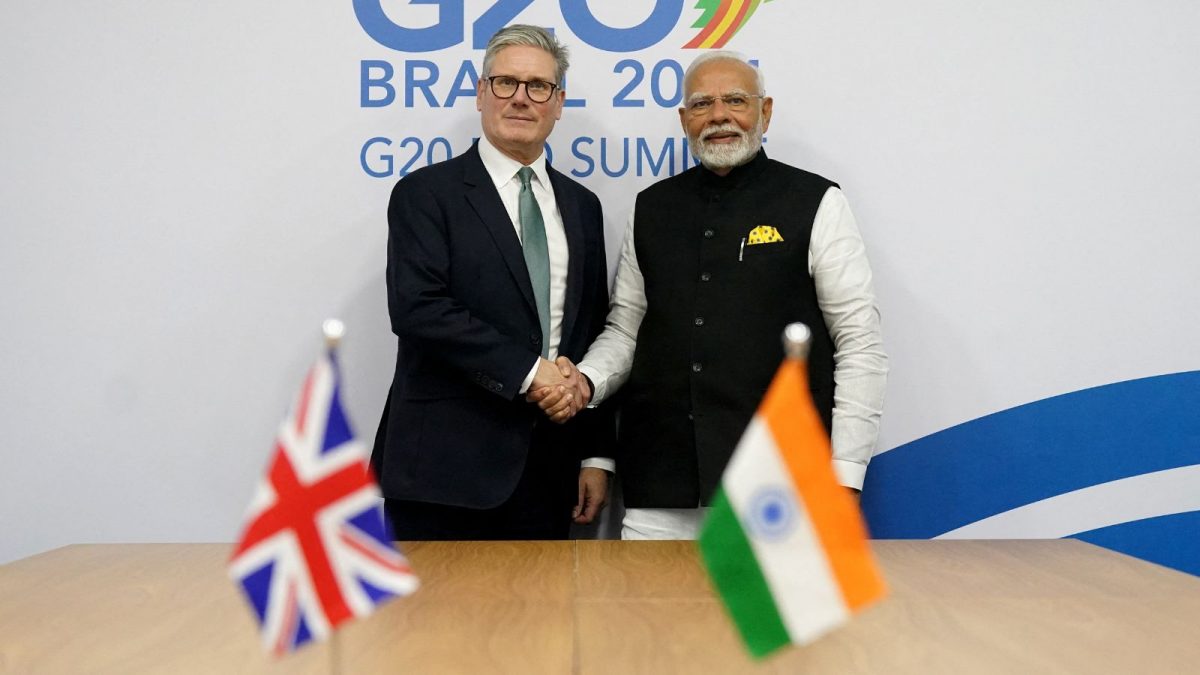Last Updated:May 06, 2025, 23:39 IST
Gen Asim Munir's crisis management is "panic theory", while his predecessor Gen Qamar Javed Bajwa maintained open lines of communication even during tensions with India

Pakistan's new army chief General Syed Asim Munir (L) receives the change of command baton from outgoing army chief General Qamar Javed Bajwa (R) in Rawalpindi on November 29, 2022. (Image: Pakistan's ISPR/AFP/File)
A major difference between the tenure of Pakistan army chief General Asim Munir and his predecessor General Qamar Javed Bajwa is how the two manage crises – the former undermining diplomatic solutions while the latter using backchannel diplomacy with India.
Gen Asim Munir’s poor calculation, full of risk, undermines diplomatic solutions to any crisis when it comes to India. Amid rising tensions between Pakistan and India, he has stepped out of the shadows and is being painted as a hero after the terror attack in Jammu and Kashmir’s Pahalgam on April 22. His crisis management is nothing but a “panic theory", making his country and other military institutions unstable.
Gen Qamar Javed Bajwa, meanwhile, was always ready for backchannel diplomacy. He maintained open lines of communication even during extreme tensions.
According to top intelligence sources, Gen Bajwa’s approach during the 2019 Pulwama-Balakot escalation was de-escalation. He prioritised de-escalation after India conducted airstrikes in Balakot.
The sources told CNN-News18 he measured his response and showed magnanimity in returning captured pilot Abhinandan to avoid full-scale war. His meetings with national security adviser Ajit Doval and then intelligence chief Samant Goel were cordial and positive, they said.
They further said Gen Bajwa was balanced in security priorities with regional stability through projects like the China-Pakistan Economic Corridor.
Gen Munir, meanwhile, was initially quiet but after realising his failures at the home front – especially with the Pakistan Tehreek-e-Insaf (PTI) and Imran Khan – he began on a confrontational note, the sources said.
His recent statements, like calling Kashmir Pakistan’s “jugular vein" and reviving the two-nation theory – is a visible ideology of polarisation, they added. In fact, with respect to India’s measures against Pakistan after the Pahalgam attack, he even addressed troops in a sweeping gesture, standing atop a tank during a military exercise and told them that any “military misadventure by India will be met with a swift, resolute and notch-up response".
The sources further said Gen Bajwa managed Chinese investments in CPEC and always assured them despite allegations of corruption. He managed both China and the US, and his access to western fighting technology and training, they said.
The sources said in Gen Munir’s tenure, Pakistan’s economy is facing 38 percent inflation and debt crisis, they said. Projects under the CPEC are also threatened due to security concerns in Balochistan, they said. He is also far too aligned with China, which risks turning away partners from the Gulf, they added.
DOMESTIC POLITICS
Gen Bajwa, meanwhile, managed Pakistan’s domestic politics by balancing civilian governments of Imran Khan’s PTI and PML-N and avoided a coup situation, the sources said. He sidelined hardliners like the then Inter-Services Intelligence (ISI) chief Faiz Hameed by making him the commander, they said.
Gen Munir’s local crackdown on PTI supporters after the May 2023 riots, including military trials for civilians, have gone against public opinion, they said. The army is internally insecure after Hameed’s arrest, they added.
REGIONAL UNREST
The sources said Gen Bajwa managed the Taliban’s 2021 Afghanistan takeover, along with limited cooperation with the group.
Under Gen Munir, however, the TTP and Baloch groups have increased attacks causing danger for Pakistan’s economic and political stability. He is more focused on Kashmir terror groups like Lashkar-e-Taiba (LeT) and Jaish-e-Mohammed (JeM), drawing international attention while also complicating Pakistan’s FATF compliance efforts.
There is high public mistrust for the army in Pakistan due to economic issues and style of functioning. Gen Munir’s clear ideological position on Hindu-Muslim division has alienated him from moderate Pakistanis and international partners like Saudi who are opening up, the sources said.
Location :Islamabad, Pakistan
First Published:News world Tale Of 2 Pak Army Chiefs: Munir Undermines Diplomatic Solutions, Bajwa Used Backchannel Diplomacy | Exclusive

 5 hours ago
5 hours ago
